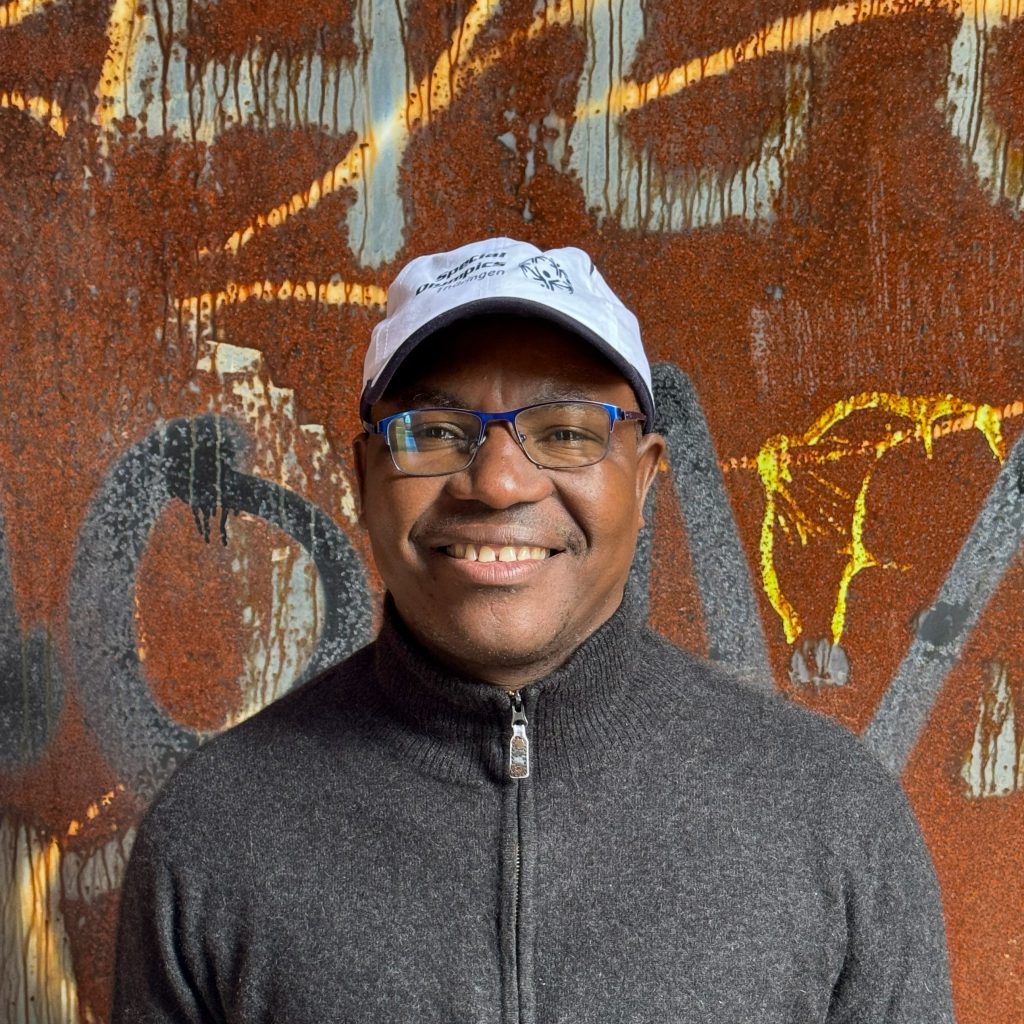This project explores the painful legacy and the current process of reparation unfolding between France and Cameroon. It contributes to the ongoing effort to write a history of reparations—an urgent issue, particularly concerning the war of independence (1955–1971). At its core is the question of how France and Cameroon have handled this contentious memory over the decades. Characterised on one side by denial, silence, and a drift towards forgetting, and on the other by demands, vilification, accusations of blackmail, criminalisation, and calls for acknowledgment and redress, the debate has fuelled vibrant activism within both French and Cameroonian civil societies. This activism played a key role in prompting French authorities to create, in 2023, a joint commission of historians tasked with investigating this fraught past in order to establish the truth. The initiative marks a significant step toward reconciliation, with the potential to lead to official recognition and reparation. It represents the culmination of a long process that this study seeks to trace historically—examining its foundations, key actors, strategies, and particular features, while also exploring what it may signal for the lasting repair of France–Cameroon relations.
DR. FRANÇOIS WASSOUNI
CURRICULUM VITAE
François Wassouni is a professor of contemporary history at the University of Maroua in Cameroon and also teaches at the University of La Francophonie/Senghor University in Alexandria, Egypt, and the American University of Science and International Development (UNASDI) in Haiti. He has published widely, with numerous books and articles covering topics such as collective memory, the conflicts sparked by its manipulation, the history of technology, material culture, historiography, China’s presence in Africa, and questions of peace and security. He is also a research associate at the University of Montreal, the Centre François Viète d’Épistémologie et d’Histoire des Sciences et Techniques at the University of Nantes, and the University of Western Brittany. He serves on the Scientific Council of the Maison des Sciences de l’Homme Ange-Guépin in Nantes, and has taken part in several international mobility programs, including a residency at the Institute for Advanced Study in Nantes from October 2021 to June 2022.
